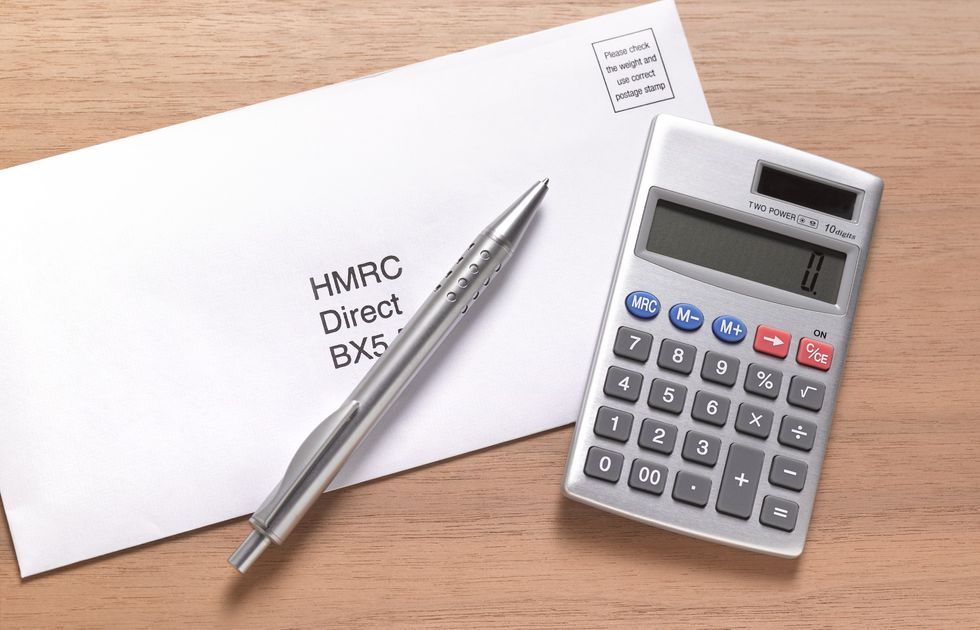Britons paid a record £6billion on inheritance tax (IHT) during the 2021/22 financial year, as more families were dragged into paying the levy.
This is the highest proportion since 2016/17.
In the 2021/22 tax year, 4.39 per cent of deaths in the UK met the £325,000 estate threshold to be taxed by inheritance tax.
Some 800 more estates were dragged into paying the tax mostly due to frozen tax thresholds – and this was just in the first year of the freeze.
By 2028, when the nil rate band unfreezes, thousands more will be dragged into paying the tax with rising asset values and house prices in the interim going up too.
The tax included on the estate worth over £325,000 is 40 per cent and is only charged for part of the estate that is above the threshold.

Taxpayers try to avoid the IHT charge by gifting parts of their estate
GETTY
However, individual homeowners can leave properties worth up to £500,000 completely IHT-free. This is because on top of the nil-rate band (up to £325,000), there is also a main residence nil-rate band standing at £175,000.
Sarah Coles, head of personal finance, Hargreaves Lansdown said: “Inheritance tax jumped in 2021/22 to a new record high, while 800 more estates were dragged into paying the tax. It owes a great deal to frozen tax thresholds – and this was just in the first year of the freeze.
“Even if the new government leaves the tax rules unchanged, it’s going to rake in more of this tax, and if it chooses to tinker, taxpayers could end up forking out even more.
“The scale of the money involved won’t dampen speculation that inheritance tax could be considered a soft target for a hike in the October Budget.”
If the Chancellor was to increase inheritance tax, there are many different routes she could take.
Shaun Moore, tax and financial planning expert at Quilter, pointed to the surge in agricultural and business property reliefs (APR and BPR) and how it could impact the new Government and the “most hated” IHT.
He said: “Combined, BPR and APR added up to £4.4bn in the 2021/22 tax year – a rise of £0.2bn in a year. Even clawing back a percentage of this tax revenue would go some way to helping refill public coffers.
“Labour might opt to remove APR for those who do not actually own farmland and BPR where it doesn’t meet the intention of the relief, i.e. protecting small businesses being kept ‘in the family’.”
“Given Chancellor Rachel Reeves’ comments about the black hole in public finances, these higher tax revenues are likely going to be welcomed.”
Speaking on the surge in agricultural and business property reliefs (APR and BPR) Coles added: “The government could choose to look at the level of either relief, and there have been discussions as to whether business property relief could become less generous.”
Alternatively the government might revisit rules that mean inherited pensions can be left free of inheritance tax or it could choose to reconsider the way capital gains tax resets to zero on death.
These questions around the future of inheritance tax could encourage people to consider giving gifts during their lifetime.
Sensible gifts can help support younger family members at a time when you’re still around to see your family enjoy the money. It could also have inheritance tax benefits.
Coles said: “If you give them a lump sum of more than the annual gifting limits, it becomes what’s known as a ‘potentially exempt transfer’, which falls out of your estate after seven years have passed.
“If you have a potential inheritance tax bill, then by starting the clock sooner rather than later, you could cut the amount of tax paid on your estate.”